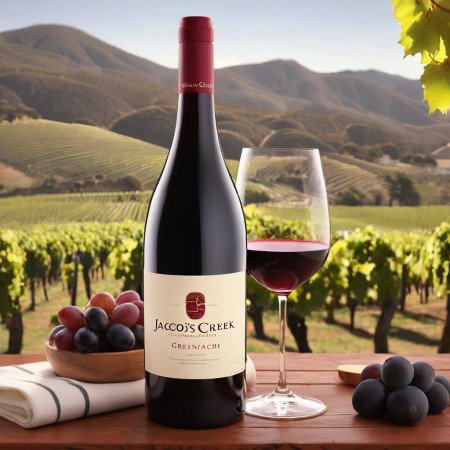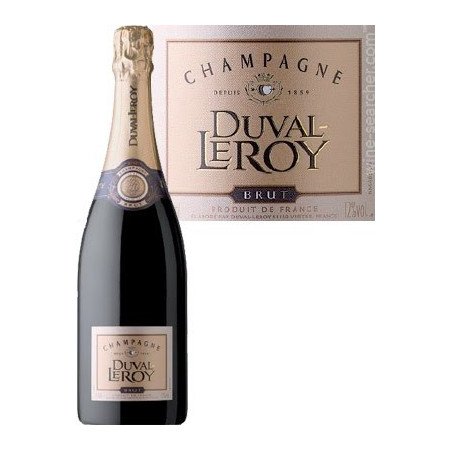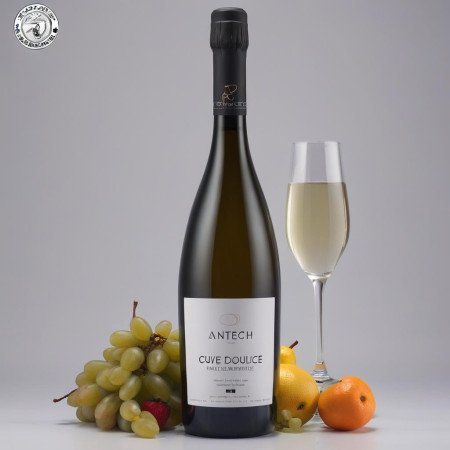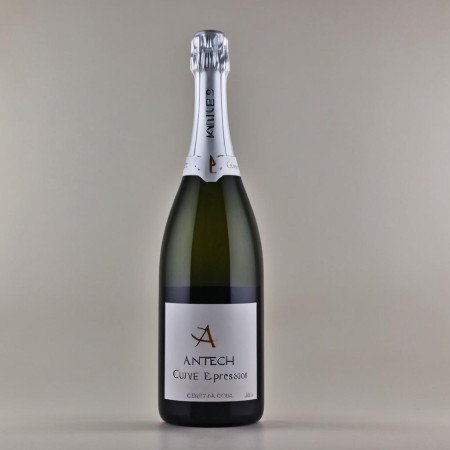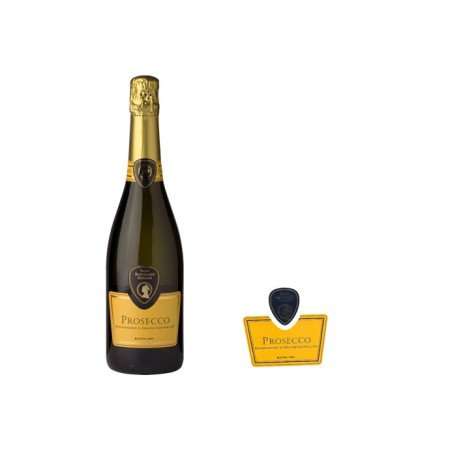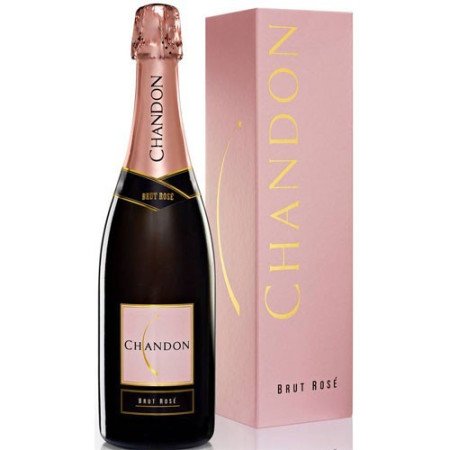Wine is a beloved alcoholic beverage that has been enjoyed for centuries, valued for its diverse flavors, cultural significance, and ability to enhance meals and social gatherings. Here are some key aspects to know about wine: Types: Wine is typically made from fermented grapes, though it can also be produced from other fruits such as berries and apples. There are many different types of wine, including red, white, rosé, sparkling, and fortified wines, each with its own unique flavor profile and characteristics. Production: The process of winemaking begins with the harvesting of grapes, which are then crushed to extract their juice. The juice is fermented with the natural yeast present on the grape skins or with added yeast cultures, converting the sugars in the juice into alcohol. The wine may then undergo additional processes such as aging, clarification, and blending before being bottled and released for consumption. Varieties: Wine grapes come in a wide range of varieties, each with its own distinct flavors, aromas, and characteristics. Common grape varieties for red wine include Cabernet Sauvignon, Merlot, Pinot Noir, and Syrah, while popular white wine grapes include Chardonnay, Sauvignon Blanc, Riesling, and Pinot Grigio. Regions: Wine is produced in many regions around the world, each with its own unique climate, soil composition, and winemaking traditions. Some of the most famous wine regions include Bordeaux and Burgundy in France, Tuscany in Italy, Napa Valley in California, and Marlborough in New Zealand. Terroir: The concept of terroir refers to the influence of environmental factors such as soil, climate, and topography on the character and quality of wine. Terroir plays a significant role in shaping the flavor, aroma, and complexity of wine, giving each wine its distinct sense of place. Pairing: Wine is often enjoyed alongside food, and certain wines are traditionally paired with specific dishes to complement and enhance the flavors of both. For example, red wines such as Cabernet Sauvignon are often paired with red meat dishes, while white wines like Chardonnay may be paired with seafood or poultry. Culture: Wine has a rich cultural heritage and plays a central role in many societies around the world. It is associated with rituals, celebrations, and social gatherings, and it is often deeply intertwined with local traditions, customs, and cuisine. Health Benefits: Moderate consumption of wine has been associated with certain health benefits, including reduced risk of heart disease, stroke, and certain cancers, as well as improved cognitive function and longevity. However, it's important to drink wine responsibly and in moderation. Overall, wine is a versatile and complex beverage that offers a world of flavors, experiences, and traditions to explore and enjoy. Whether you're a seasoned oenophile or new to the world of wine, there's always something new to discover and appreciate.




